Write a Resume That Will Showcase Your Skills
The Cover Letter: An Introduction to Yourself
Just as a title of a book or article gives a foreshadowing to its contents, your cover letter should give employers a glimpse of who you are and what you can offer. This is your first opportunity to stand out among the crowd—take it.
Don’t replicate your resume.
You don’t want to start your cover letter with a list of your previous positions or educational experience. A cover letter should reflect on the job you are applying or the career path you are searching.
Don’t be afraid to show off a little.
Showcase your skills and don’t apologize for them. Be confident without sounding over-the-top. Highlight your experiences, tell your story, and let potential employers know where you have been and where you want to go.
Write in the right voice.
You have undoubtedly done a bit of research on a company before sending them your resume. Write your cover letter with them in mind; speak in their voice and use industry-related terms whenever possible.
Stand out.
Try to add your own unique flair to your cover letter. Applying to a design firm? Make your cover letter using the leading software to prove your skills without being asked. Searching for a job in the medical field? Make your cover letter into a mock medical chart. These adjustments will add the little something that will make you stand out from the pile of resumes your employer will go through and ensure that you are remembered.
Download Our Free Cover Letter Template
The Bulk: Selling Yourself
Your resume is essentially a brief explanation of your work history and a sales tool for yourself. Whether you are writing a resume or completing an online professional profile it is important to follow a few guidelines:
Be Complete
- Don’t make employers connect the dots with partially completed resumes or profiles. Differentiate yourself from other applicants by spending time writing concise but detailed answers.
- Do you think a certain job experience might be irrelevant to your current job search? Think about the benefits and skills you earned while in that position and apply them to your skillset. Do you think those online business classes you took a few years back aren’t worth mentioning? Think again.
- Bullet points are recommended for detailing your work experience on a resume. Complete sentences are not required in these bullet points, nor is ending punctuation; the point is to be clear, concise, and to the point while including all relevant information.
Be Accurate
- It is very important to include factual information when filling out a resume, profile or application. Ever been tempted to make yourself look a little better on paper by inflating your skills or experiences? Odds are you’ll get caught and you won’t get hired. Lying on your resume to seem more impressive is not worth the risk of damaging your reputation. Talk about the skills you have and leave out the extra inflation.
- Read your work once it’s complete. If possible, have someone with a good eye for details check your work, and don’t rely on your computer’s spell checker. It will not catch, for example, when you mistakenly used “their” instead of “there”.
Be Professional
Sadly, we still see job seekers whose email address or other information lacks the necessary tact and professionalism. For example, if your email address is “crazyguy@aol.com” then it is recommended you create a new professional email address for your job search.
Be Updated and Correct
Make sure you update your contact information or add any new experience. Your online profile especially should be a work in progress that you continually update.
Download Our Free Example Resume
Choosing and Refining Your References
As you complete your resume you will want to determine a list of references which potential employers will be able to contact to learn more about you. It is recommended to leave references off your resume. Your employer is concerned first about your skills and what you can bring to their company. If they are interested, they will ask you for references.
How do I know who my references should be?
- Include anyone who will speak positively about your abilities to perform on the job and offer a judgment of your character and skills.
- Use a former supervisor, if possible, who can give a professional summary of your abilities as an employee. Ask a former teacher if you are limited on employers or have recently graduated. If you achieved high grades and participated in extracurricular activities, this is an excellent strategy.
How do I ask someone if they will be a reference for me?
- Before listing anyone as a reference, seek their permission. Contact them and ask them to act as a reference on your behalf. Provide a copy of your resume for them.
- You should verify their name, title, address, email address and phone number.
- Contact your references when you provide their name to a potential employer. This will help them be prepared for the phone call. It will give you the chance to brief them about the position you are interviewing for along with what you feel you have to offer this prospective employer.
- If you need a letter of recommendation, ask your reference if they are willing to complete this for you as well.
What information do I include on my references?
- List your reference information in this format: Full name, company name, position, telephone number and email address.
- You should have 3-4 references available and ready for contact as needed, not listed on the bottom of your resume, but instead on a separate document.
Build Your Resume With This Free Online Tool
Additional Interview Information
Provided by St. Cloud State University Career Center


